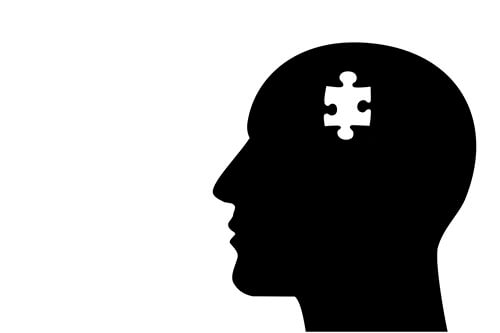Psychological Therapies
I offer a range of psychological therapies for individuals, couples and families, including schema therapy.

Therapies for Individuals
Schema Therapy (ST)
Recent research has found that Schema Therapy is often very effective in treating eating disorders, anxiety, chronic depression, complex post-traumatic stress, relationship issues, emotional dysregulation, grief and substance abuse, among others. It’s also been found to be effective in treating couple issues.
I am certified as an ISST Advanced Schema Therapist.
Eye Movement Desensitisation Reprocessing (EMDR)
Cognitive Behaviour Therapy (CBT)
We achieve this through strategies such as psychoeducation, cognitive challenging, behavioural techniques as well as practical, self-help strategies, eg. de-arousal activities, mindfulness, meditation and progressive muscle relaxation.
Cognitive Behaviour Therapy (Enhanced) (CBT-E)
- Stage 1–Starting Well;
- Stage 2–Taking Stock;
- Stage 3–Processes maintaining the person’s eating problem, e.g. body image, dietary restraint, events, moods and eating, and setbacks and mindsets;
- Stage 4-Ending Well.
Acceptance and Commitment Therapy (ACT)
Family Therapy
Family-based Treatment of Adolescent Anorexia Nervosa (FBT)
Three phases are pivotal to the treatment:
- Phase 1: Weight restoration which is conducted over 8-10 sessions. Parents take an active role in refeeding their child, while the sibling becomes an active support to the patient within the family dynamic.
- Phase 2: Helping the adolescent eat independently which is conducted over 4-6 sessions. The parents are encouraged to help their child take more control over eating once again.
- Phase 3: Establishing healthy adolescent identity which is usually conducted over 3-4 sessions. Once 95% of ideal weight is restored, treatment focuses on establishing a healthy adolescent identity, eg. autonomy, developing age-appropriate parental boundaries and for parents to re-organise their life.
Systemic Family Therapy
Parenting Challenges
‘Circle of Security’ is a relationship-based early intervention program designed to improve attachment security between parents and children. The ‘Tuning into Kids’ parenting program focuses on the emotional connection between parents and children. A feature of the program is teaching parents the skills in emotion coaching and how to recognise, understand and respond to their child’s emotions in an accepting, supportive way.
Couple Therapy
Schema therapy for couples
Getting Started is Easy
Get a referral
Book Appointment
1st Session
Contact Me
Email or call to ask a question or book an appointment.
Frenchs Forest - Forest Central Business Park estate
Building 7, Level 2, Suite 23
49 Frenchs Forest Road East, Frenchs Forest, NSW 2086
